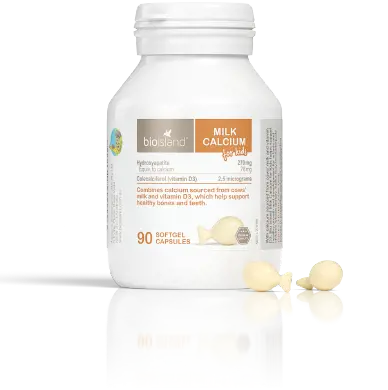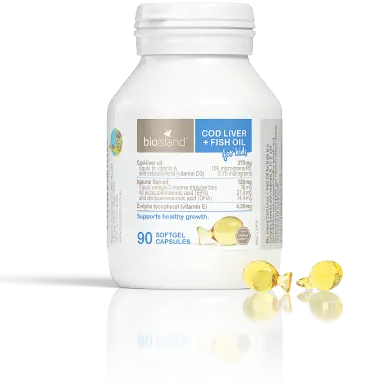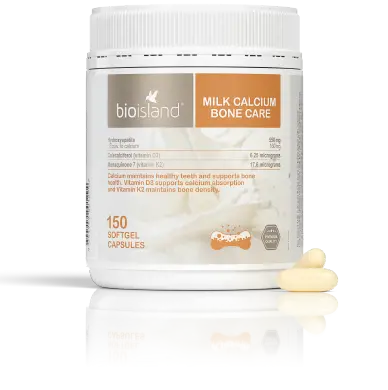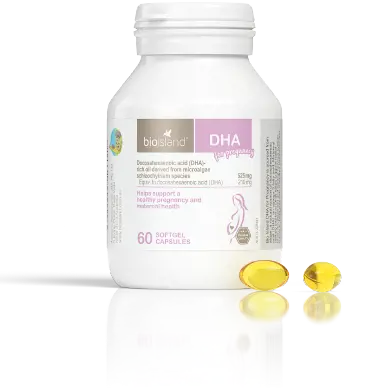
Vitamin D's role in immunity
Maintaining healthy vitamin D status is important for both immune and general health.
Health Support
By Bio Island Nutrition Team
Vitamin D is a fat-soluble vitamin that is produced in the skin as a natural response to sunlight exposure. Vitamin D is most well-known for the role in plays in calcium regulation and bone health, but the nutrient has several other important functions such as facilitating a normal immune system for both innate and adaptive immune responses.
Vitamin D enhances the immunes systems response to both bacterial and viral pathogens by helping to activate T cells and other immune system cells within the body. If we are deficient in Vitamin D this can increase susceptibility to infections such as upper respiratory tract infections and influenzas.
Vitamin D deficiency has also been associated with increased autoimmune diseases including multiple sclerosis, rheumatoid arthritis, and inflammatory bowel disease. With an autoimmune disease, the T cells which play an important role in helping to fight infection, start to attack the body’s own tissues such as skin, kidney, pancreas, and joints. It is important to note, that a vitamin D deficiency is generally not the underlying cause of an autoimmune disease however low levels of vitamin D have be observed alongside autoimmune disease symptoms.
Maintaining healthy vitamin D status is important for both immune and general health. Environmental conditions as well as concealed clothing and sun safety measures are risk factors for a vitamin D deficiency. For most people 5 micrograms per day is enough to maintain healthy levels. The best source of vitamin D is through regularly exposing your skin to the sun. Small amounts of vitamin D can also be obtained from food sources including oily fish such as salmon or mackerel, eggs and fortified foods including margarine and milk. Mushrooms (that have had UV exposure) can provide a vegetarian or vegan source of Vitamin D, though animal sources are preferred.
This information does not take into account your personal situation and is general in nature. You should consider whether the information is appropriate for your needs and seek professional medical advice.
Always consult your healthcare professional before taking any supplements or if any concerns arise.






